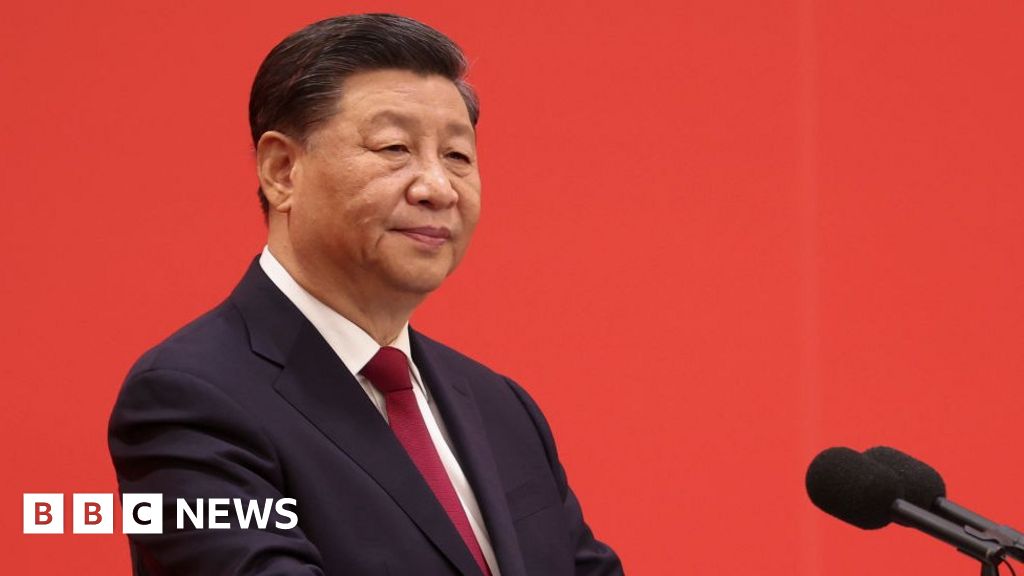GDP PPP and GDP nominal comparison is still parameter calculation being used as benchmark on production cost ratio. For example 2022 China Nominal GDP being calculated USD 17 T, while PPP GDP is close to USD 34 T. Thus the rough ratio cost of production with US is 2x less expensive or US 2x more expensive to produce (2:1). This as US nominal vs PPP in USD 1:1.
However that is only rough averaging comparison, and many factors influencing production costs. Especially how many components of production items and materials come from your domestic chains and imported chains.
For example Indonesia Nominal GDP 2022 is USD 1.3 T and PPP GDP close to USD 4 T. By rough ratio production costs with US is 3x less (3:1), thus in paper cheaper then China. However that's not entirely true, as other factors weight in. Take car production as example. China car production using more then 95% components source from local production chain, while Indonesia car production only using around 50% components from local production chain. Thus Indonesian car relied much more with Imported components then Chinese ones. This make China cars cheaper to produce then Indonesian ones relative in nominal USD.
This as domestic components can be calculated more with PPP USD while imported ones with Nominal USD. This is cost of production, but not reflecting all of cost toward end users. As it is not factor in the relative comparison of Cost of Capital, Inflation/CPI, logistical costs and fiscal charge. That's also matter in calculating real costs toward end users.
Still as China again produce most of their defense equipment domestically with domestic components, then it can be say their production costs roughly half of what US or Euro build. This is production costs comparison, nothing about quality wise.

nos.nl



